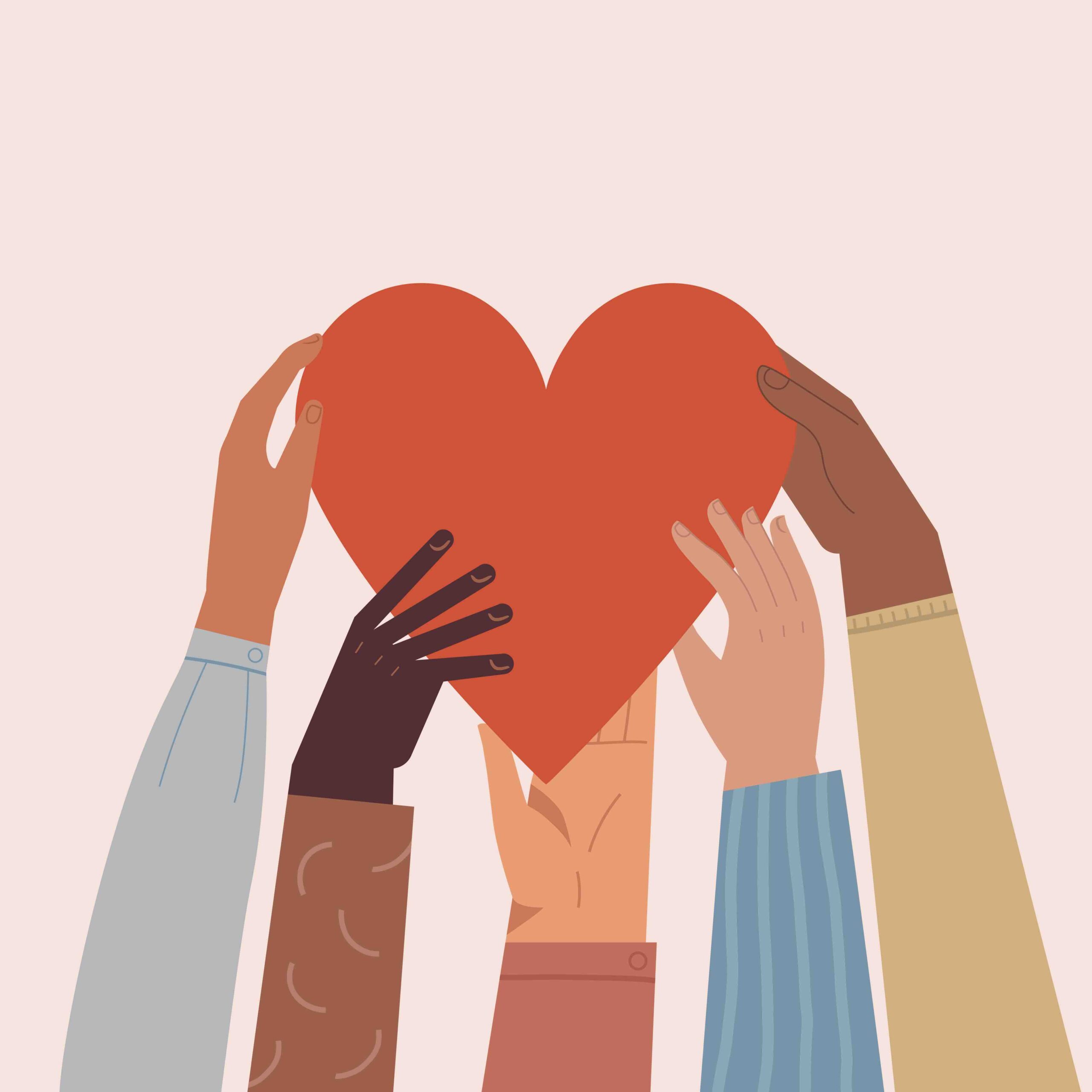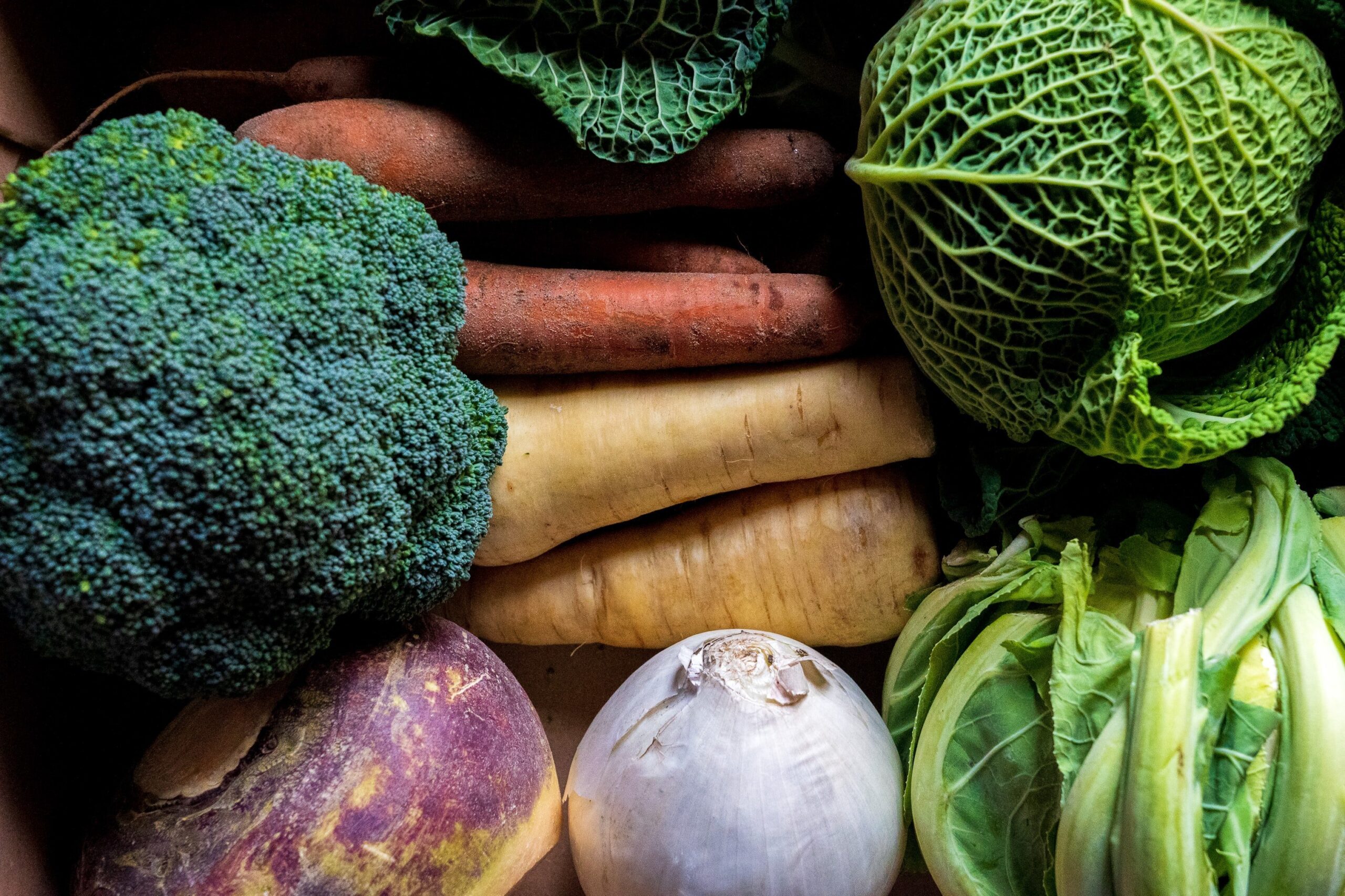Imagine a world where being kind is taught in school, it’s at the top of companies’ values and people are hired not only on their IQ, but their EQ.
Dutch researcher and author Rutger Bregman thinks there is a reason to believe people are inherently good.
Bregman’s book, Humankind, sets out to prove that we are hardwired for kindness, geared toward cooperation rather than competition, and more inclined to trust rather than distrust one another. Bregman’s theory is based on analysis of years of research, dating to more than 200,000 years ago.
Interestingly, it has only really been over the past 20 years that scientists from diverse disciplines have moved from a cynical view of human nature, to a positive, hopeful view. Amongst Bregman’s research, he discovered some pretty interesting findings.
Bregman claims that one of the factors in not seeing human kindness is due to the news sensationalising situations, which skews our view of human nature. The mind is a powerful tool, and if taken advantage of – with media driving fear into us – it can alter our reality, and in turn, make this a reality. This is what we see in societies driven by fear-mongering tactics.
Bregman says this happens due to those in power wanting to create a sense of hierarchy – where society fears that if we don’t have order, the world will descend into chaos. Bregman says that so much of what we see in the media is the exception, rather than the mundanity of real life, with ‘reality’ TV shows such as Big Brother and Survivor pitting humans against each other for a prize.
However, on a recent episode of the Deliciously Ella podcast, Bregman offered insight into an utopian world, a subversive ideal that could revolutionise our society. “What we assume in people is so often what we get out of them. If we assume people are selfish and then design our society around that, then that’s exactly what we’ll get. You’ll create the kind of people that your theory supposes. But if we assume that most people are, by nature, altruistic, empathetic and want to work together, I think you can have a much better society.”
Bregman is not a solitary believer in creating a kinder society. Retail guru and successful businesswoman Mary Portas believes in the concept of ‘The Kindness Economy’, a new economy that’s built on a value system that pens the triple bottom line as people, planet and profit – in that order. Portas believes that in the corporate world, we lost what it meant to be decent human beings, and she wants a kindness economy to change the game.
In her 2019 TEDx talk Welcome to the Kindness Economy, Portas proposes that the only way to change the world is through this new business paradigm. And that the only way to leave the world of business better than we found it is to spread more kindness.
It takes all kinds
So, what is the point of kindness and how do we achieve this? Research suggests that being kind has various positive effects on the individual. We feel happier when we perform acts of kindness and being kind strengthens your immune system, increases cognitive function, increases energy levels and balances cortisol levels – resulting in less stress.
It is proven that individual acts of kindness release both endorphins and oxytocin and create new neural connections. Therefore, being kind actually makes you a happier human.
Auckland psychologist Anna Friis talks to the concept of how being kind to others starts by being kind to yourself. A master in mindful self-compassion, Friis says that compassion for self and compassion for others is really the same thing.
“Being kind to ourselves means we have more capacity to empathise with another’s suffering and to maintain feelings of warmth and kindness towards them, without becoming overwhelmed and withdrawing.” As human beings, we don’t have an inexhaustible capacity to simply empathise with others’ suffering. Without also caring for ourselves, our brain and body will find ways to shut down emotionally or physically.
Friis says that the more we can recognise our own difficult emotions and respond with kindness, the more attuned we are to the suffering of those around us. Emotion researchers have also found that we are motivated to act with compassion when we hear of someone’s suffering.
Which, in essence, can fuel human rights movements, with the likes of the recent and ongoing Black Lives Matter movement resulting in support worldwide.
Compassion and self-compassion are not just warmth and kindness, but also a way of acting in the world. “Being kind to ourselves improves mental and physical health. Being kind to others changes the world,” says Friis.
People power
A heart-warming case study of compassion in action is through non-profit charity, Just Peoples. New Zealanders Christey West and Johanna de Burca founded Just Peoples in 2015 as a way to simplify support for people in poverty. Just Peoples supports local change rather than imposing outside solutions.
All their project leaders are born and bred in the communities they’re working in, growing up with the struggles they’re now seeking to resolve. Once educated, these local heroes return to their hometowns to implement viable and effective solutions that enable their people to lead better lives.
West says that when people receive help from someone, it often plants the desire for them to want to help someone else in return, which naturally creates an overall increase in kindness and wellbeing.
This played out beautifully during the COVID-19 lockdown in Vietnam. One of their project leaders, Hong, runs a support group for 30,000 single mothers and many of the most vulnerable members were struggling to feed their children when they weren’t able to work. So Hong set up a system where members of the group with the means to do so could provide emergency cash transfers to those that needed it.
Those that received donations went on to volunteer to support the group with admin and other tasks, and when they could, they donated to new members who needed help.
In essence, what we are facing in this time is letting go of old paradigms, behaviours and ways of thinking, and we need to find empathy and understanding. This in turn, brings out our more empathetic nature, where kindness stems. Or, as popular poet Cleo Wade writes, “Be good to as many people as possible”.







